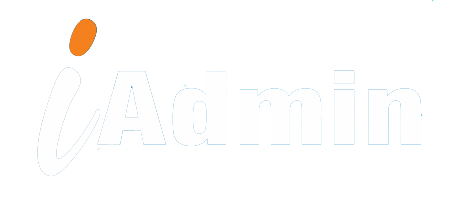Most
trusted educational software
Simplify your Academic Management with Software
Software
An AarGees ERP (Enterprise Resource Planning) system for educational institutes is a software solution designed to help educational institutions manage their administrative and academic operations in an integrated manner. This system provides a centralized platform for managing the various functions of educational institutes such as student enrollment, admissions, course management, examination management, faculty management, financial management, and more.